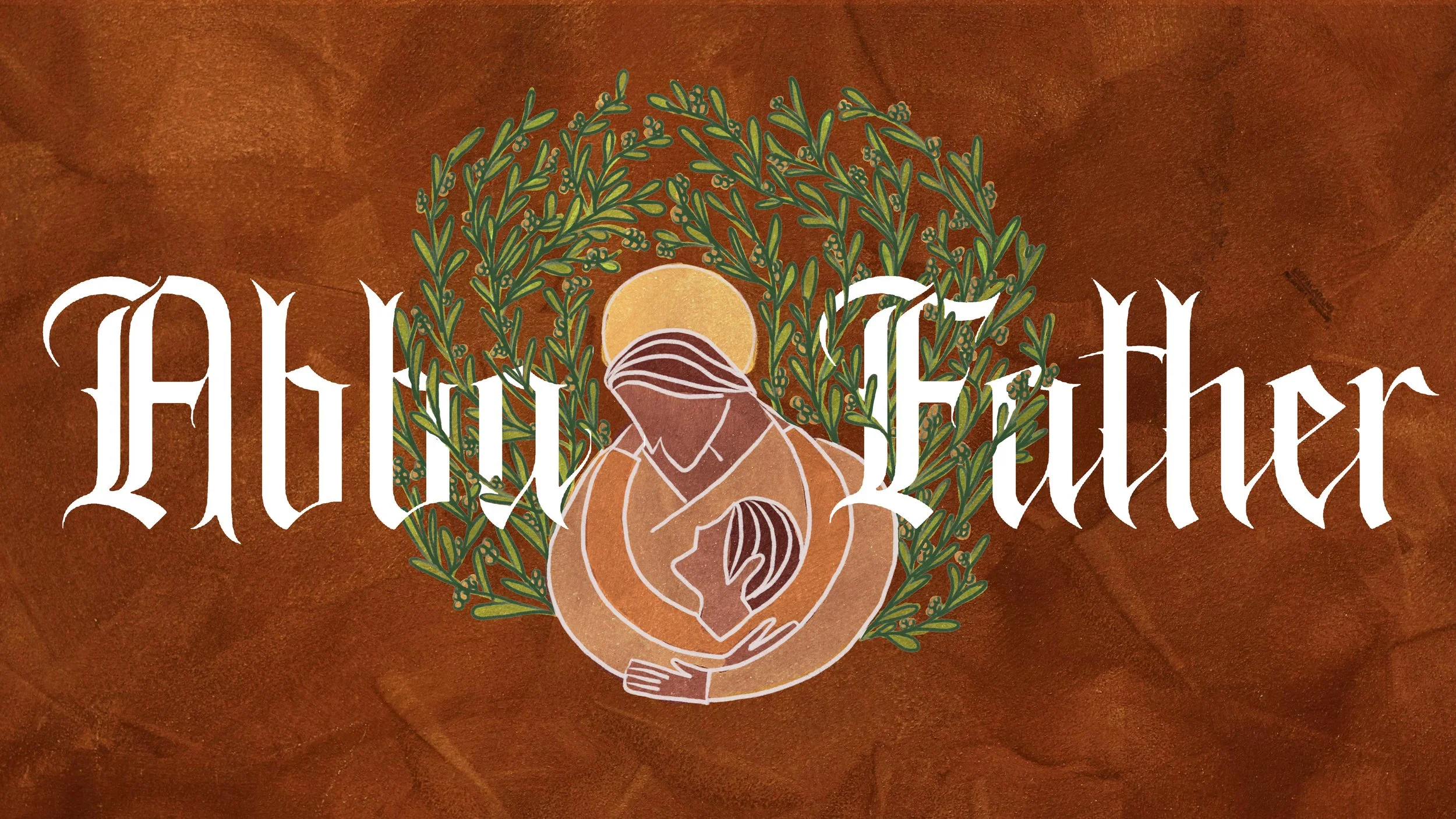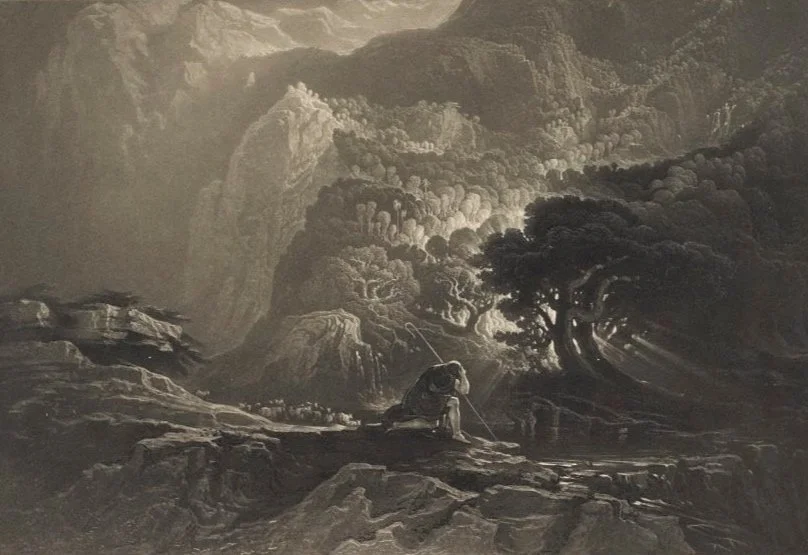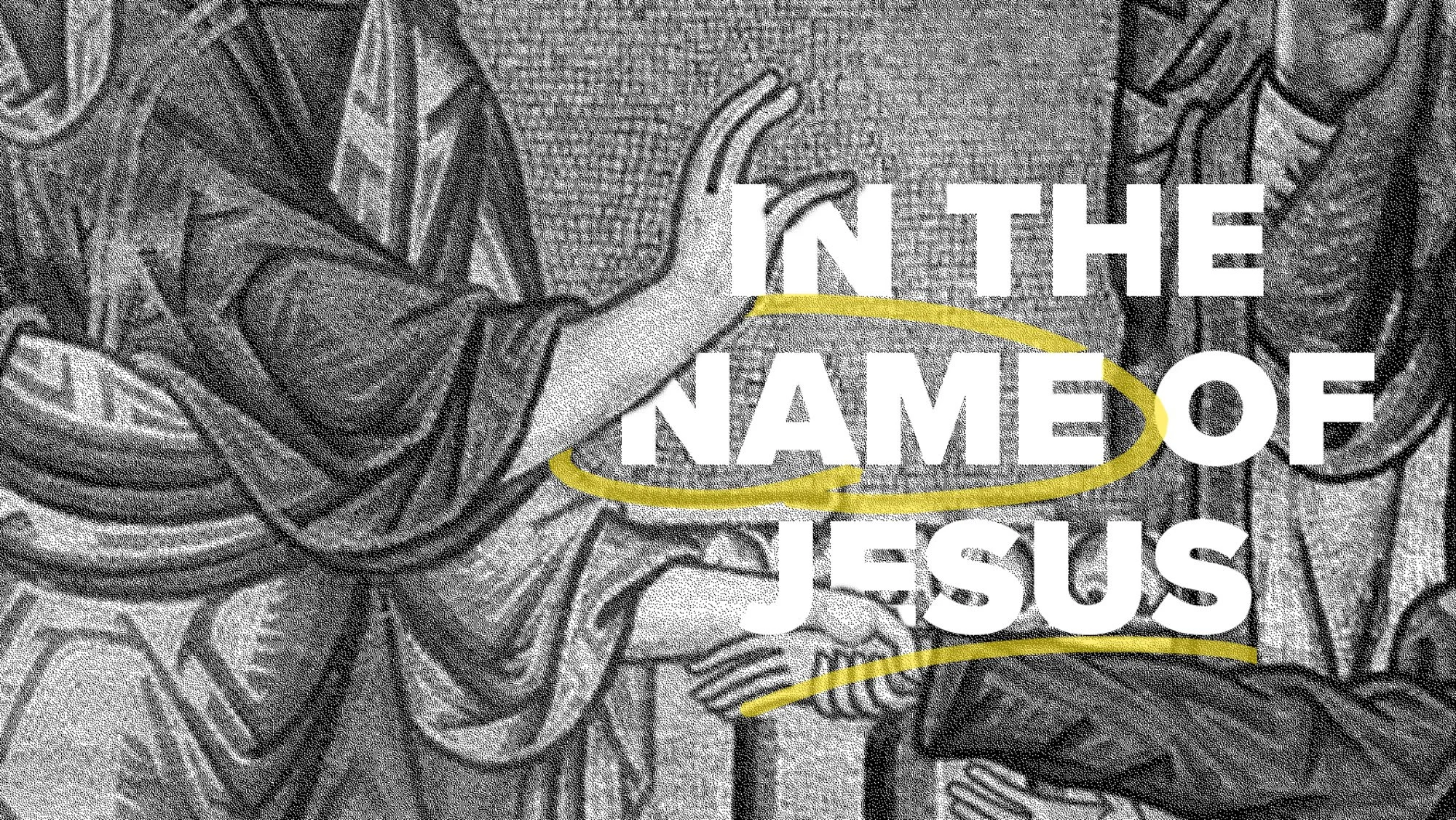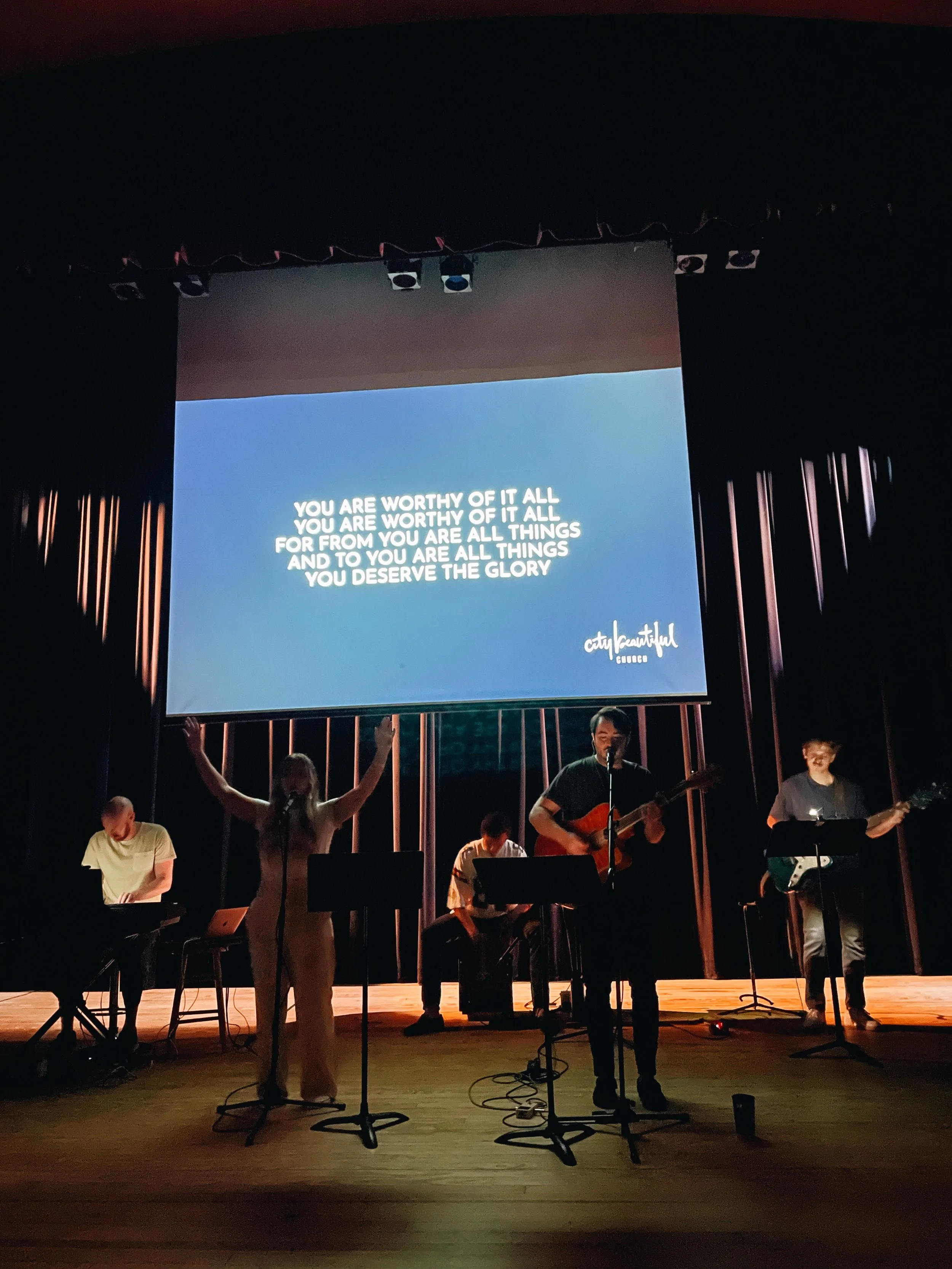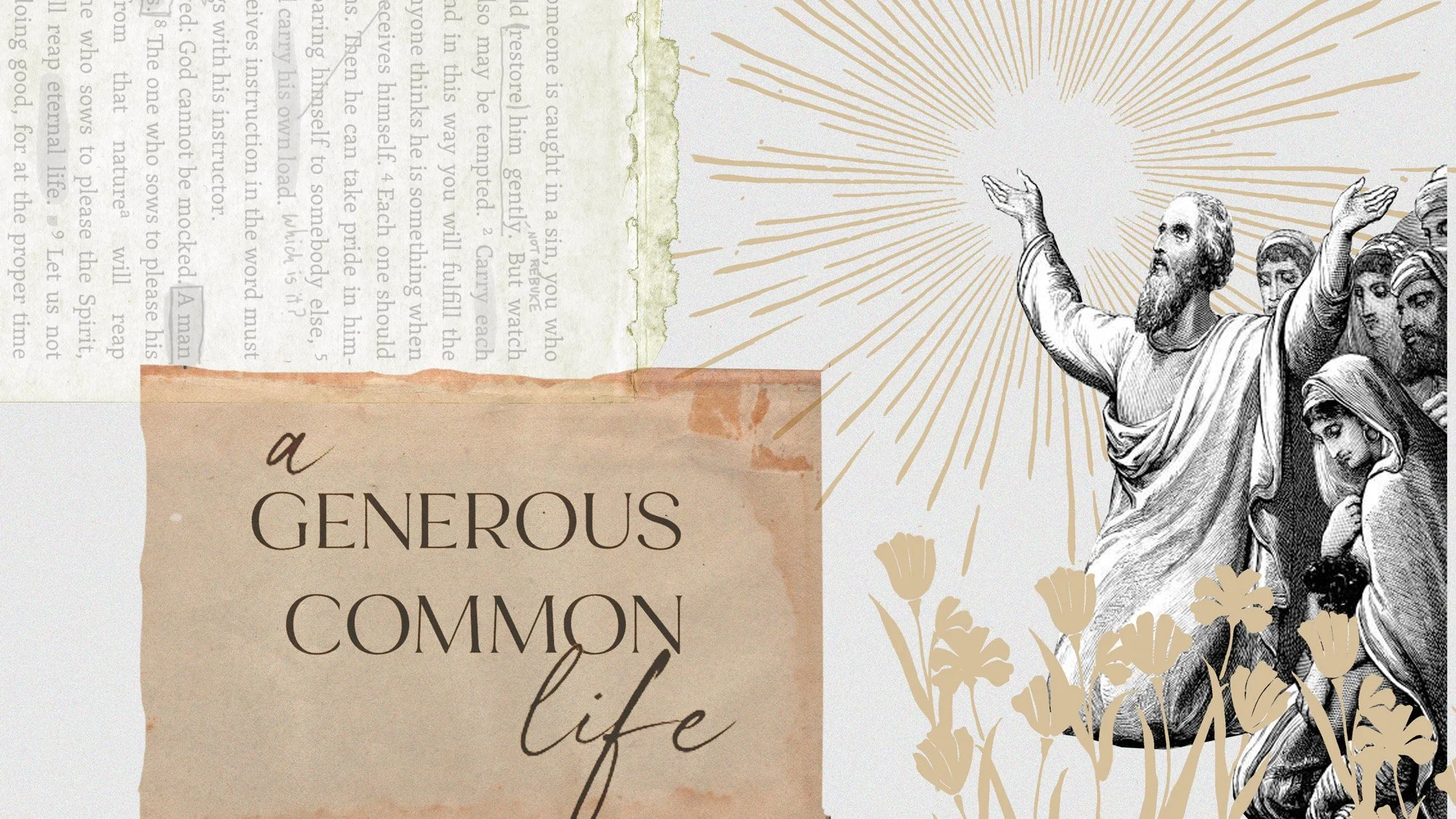When we’re shamefully attached to God, we may accept that God loves us because God has to, but we don’t believe God like us very much. We have internalized the idea that God naturally despises us and sees us primarily as sinners; Christ imputed his righteousness to us to make us slightly less deplorable. When we believe this, we assume we have to perpetually beat ourselves up to be on the same side of God.
When we’re avoidantly attached to God, we choose to go it alone rather than to offer our needs and feelings to our Abba. At some point in your religious upbringing it may have been communicated, however subversively, that to have dark emotions means you are not close to God, forcing you to choose between emotional honesty or relationship. You may have also grown up believing that God does not want you to feel bad feelings, so you pretend they aren’t there in the name of Jesus. Sadly it is easier to trust in a belief system than it is to risk emotional honesty and intimacy with God.
When we’re anxiously attached to God, we constantly worry that we are never doing enough to earn God’s favor. For many in the Christian household, we have been told that “sin is what separates us from God”. This leads to all sorts of anxiety-inducing questions and struggles because it insinuates closeness is directly proportional to our ability to manage our sin. The program can look a variety of ways depending on the values of our denomination of origin.
Knowing God as “Abba”, as Jesus does, is the goal of the spiritual life. What we believe about God, and how we attach to God, shapes our understanding of everything around us and within us. Even the version of God we may no longer believe in still has a grip on the deepest recesses of our minds. Part of the work of developing intimacy is parsing through our stories and gaining language for our subconscious attachments, so we might find healing and hope. Our new series ABBA, FATHER will help us to identify how we connect with God now, and how we can repair our attachment so we might lay claim to the beautiful vision Jesus gives us of Who God ultimately is.
Our missionary friend Guillermo Sifuentes shares about the work he and his family are engaged in through Casas de Jesus in Pachacútec, Lima, Peru.
In an era of Herodian power-grabbing and Religious lethargy, we have an opportunity to reclaim the joy and awe of those who move towards Jesus in humble worship.
“God calls me not to the mountain of transfiguration or to the Jordan, but to the home of David to behold a mother soothe her naked, cold babe named, “Messiah”. I stand next to Mary with my head down and my heart warmed. I first assume the warmth is because I have been moved by the transcendence of my Lord’s humility, but I slowly am shown that it is the quietness of the moment that draws me deeper into the scene. Nakedness. Helplessness. Tears and blankets. A mother’s gaze. A sleeping child. An oblivious world. All these details humble my heart into conviction —no: into awe of the God of silence.”
“Bad shepherds” extort the flock, taking what they can - when God cherishes our gifts and blesses them. They intend to keep us subservient by keeping us weak, sick, and broken - when God desires to heal and empower us to wholeness. They lose interest in us when we are lost - when God relentlessly pursues us, leaving behind the ninety-nine, in order to bring us safely home. They abandon us to the “wild beasts” of the age - when God courageously protects us from the fangs of the Evil One. These “bad shepherds” preserve themselves and their privilege at all costs - but God sacrifice Himself for our sake.
When Moses seeks to know the Voice in the burning bush, God offers three references: History & Promises, Personal Experience of Love, and Transcendence above all categories - this understanding of God is what we need for liberation from bondage to freedom.
God has been a constant in history, proving His character through the promise to our spiritual ancestors. God binds Himself to us in every moment, never leaving nor forsaking us. God, as Pure Being, transcends all our convenient categories as the only one worthy of worship.
Through the Old Adam we fell subject to sin and death because we try to make ourselves into gods. We await the coming of the New Adam who brings new life.
Our radical conviction that we are all equal children of God is the lens through which we deal with issues of racism, classism, and sexism. "God shows no favoritism”; but God does give special attention to the overlooked so they might be raised up to equal standing in the Kingdom, fully-realized as children of God. It becomes the imperative of those who in traditional society are seen to have privilege and power to help up those who have been left behind in the name of Jesus, so that our claims to diversity can have meaning under the banner of unity in Christ.
To be “God’s people” is to practice self-control in a world of indulgence; to conduct ourselves publicly as witness to the Light, and to honor everyone amidst the churn of political insanity.
To live in the name of Jesus is to develop the courage and imagination to live peaceably in a violent world. We so often want to immediately find the loopholes to what Jesus is saying about loving our enemies and not resisting evil, before sitting in awe at his vision for his people. Nonviolence is not passivity, but a struggle to find alternatives to violence - our weapons become kindness, forgiveness, and peaceful resistance.
This is a short liturgy intended to help us become more tender-hearted before God and one another.
To be in Christ is to be in love. It is to receive grace that reminds us of who we truly are. From that unshakeable, eternal place our energies and contributions to the world flow as a product of love. In grace, we find what the deepest part of us desires from love: acceptance, security, empowerment. We must capture a vision of the destination Jesus beckons us to, and the specific obstacles in our way that are a result of our ego, if we want to steward well the gifts God has given us.
When we become tight-fisted with our passions and convictions we allow them to define us, and we spend a lot of energy defending them from challenge and new information or nuance. We also judge people more harshly who don’t share our convictions. But when we open our hands, recognize we’re all on a journey, we are far more likely to humbly explore what we believe and be more gracious towards others.
Ultimately, our hope and confidence comes from Jesus, not the government. We cannot live and die by our vote. We cannot celebrate our preferred candidates taking office as if it’s the coming of the Kingdom. We cannot be expected to align with candidates on every single plank in their platform; in fact, I would put forth that Christians should not agree with every platform our political parties take. Hence, the lesser of two evils justification. Conversely, if you do support every position one party takes over the other, you may need to do some introspection about where your allegiances lies.
The politics of Jesus cannot be easily coopted by human institutions.
Pursuing our calling doesn’t always equate to warm fuzzy feelings, and it comes with some degree of suffering and discomfort, but over time we begin to see the fruit in how it shapes us to look more like King Jesus. We can find contentment, knowing our lives have purpose and direction. This is more than mere happiness, because the pursuit of happiness often leaves us wanting. We are willing to suffer for meaning.
It is no accident that you were born in this moment in history. There is something here for you to offer a broken world. It can feel overwhelming, you have to pace yourself, and you may have to learn how to convert your privilege from an insulated life to a position of opportunity, but none of it is a mistake.


